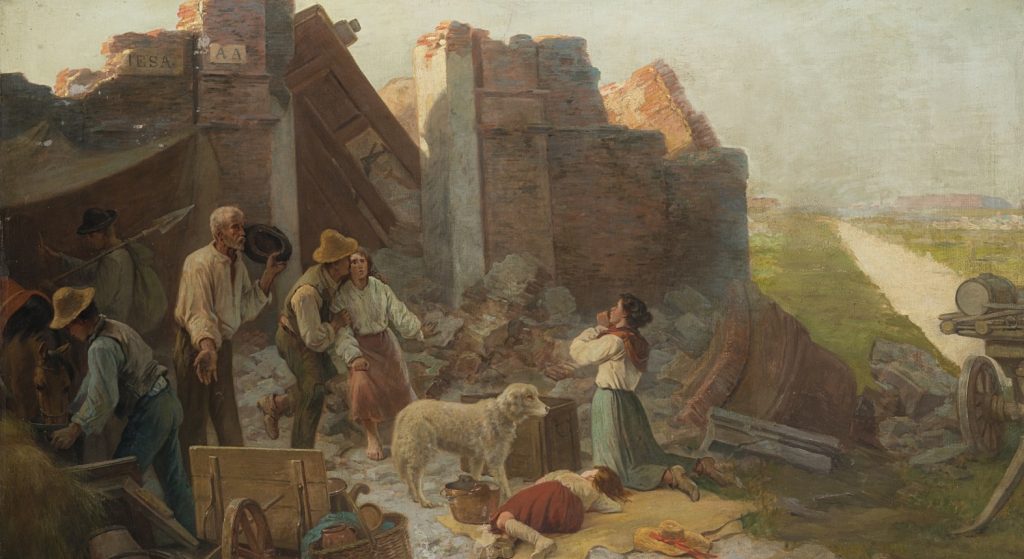
Cutting of Red Tape: Promise Once Again Broken?
BY
Liberales Institut / August 20, 2024
With its Commission Work Programme 2024, adopted on October 17, 2023, the European Commission emphasized its commitment to reduce reporting requirements by 25 per cent. While the Commission promises to cut bureaucracy, the Corporate Sustainability Reporting Directive (CSRD) is looming. The CSRD imposes substantial new disclosure and compliance requirements on companies.




![New Era for the UK with Jason Stockwood [PODCAST] New Era for the UK with Jason Stockwood [PODCAST]](https://4liberty.eu/phidroav/2024/08/Episode-202-1469x800-1-1024x561.png)






